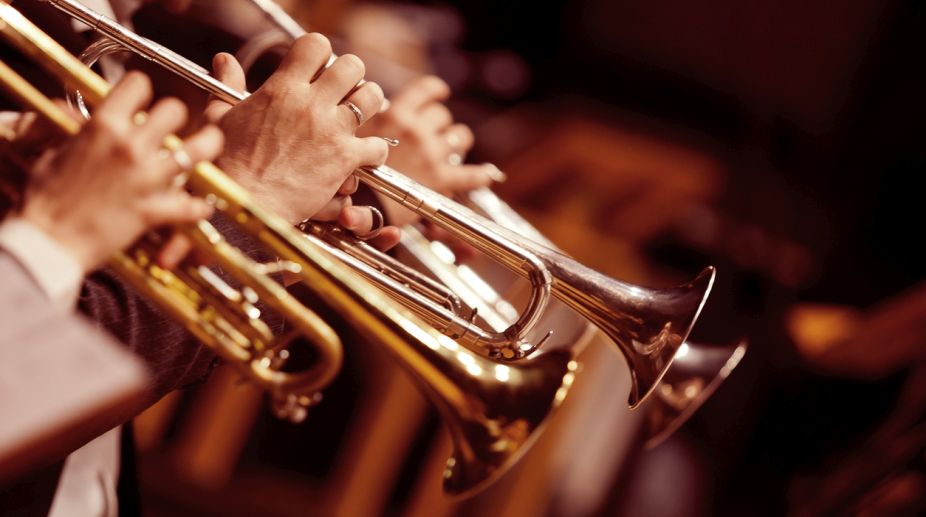King calls his Vh1 Supersonic debut a ‘milestone moment’
Singer-songwriter King, who is set to make his debut at the multi-genre music festival Vh1 Supersonic, has said that performing at the festival is a milestone moment for him.

(Photo: Getty)
Music — one of the finest expressions of art — has played diverse roles at different points of time in history. Sometimes, it is used to make a political statement — as happened in this small town of 7,000 in the Crimea when Russian President Vladimir Putin unexpectedly turned up on the concluding night of the Koktebel Jazz Party.
It was originally called the Koktebel Jazz Festival and its inaugural edition was held 15 years ago. It transformed into the Koktebel Jazz Party — under the tagline “Same place, same jazz” — ever since Russia took over the Crimea after a referrendum in 2014. And issue that is still contested in various global fora.
Given this background and the fact that there were musicians from the US, Brazil, Germany, France and Switzerland, among other countries, what better platform for Putin, no mean musician himself, to make a political statement?
Advertisement
Putin greeted the participants and guests of the festival and expressed his gratitude to the event organisers, mentioning that around 150 leading jazz bands from all over the world have taken part in the Koktebel Jazz Party.
“Music is your language which does not require translation and unites people,” he said in his brief address before joining the audience to watch some performances. Among the musical pieces performed in his presence were improvisations on “Windows of Moscow” and “Blueberry Hill”, both of which have been previously performed on two different occasions by the President himself.
Russian state news agency RIA Novosti backed Putin’s claims over the festival, arguing that the annual Koktebel event has merely “split” between Russia and Ukraine, and questioned if it is appropriate to name an event after Crimea’s Koktebel if it is held elsewhere.
There have been other controversies too. This visiting IANS correspondent learnt that an American musician could not come to the festival in 2015 because of a letter from the US State Department, which threatened prosecution if he attended.
“An outstanding American trumpeter Arturo Sandoval was supposed to come to us but suddenly he received a letter from the US State Department, in which he was threatened with fines and punishments if he performed in Koktebel. He sent the letter to us, we laughed for a very long time: ‘Today you play jazz and tomorrow you will sell your homeland,’ the letter read,” Dmitry Kiselev, chairman of the organising committee of Koktebel Jazz Party, told media persons at a press conference.
Thus, this time around, the names of the musicians were announced only on the day they were to perform.
The Koktebel Jazz Party was originally scheduled to be held between August 18 and 20, but unexpected rain and thunderstorm delayed the opening by a day. The otherwise three-day event was cut short to two days but the audience had an almost “paisa vasool” show with Putin’s rockstar entry to loud cheers and applause.
The festival ended with a performance of the Club des Belugas international band.
But apart from all its musical merits, jazz is also a spectacle, uniting musicians and spectators into a single creative team and that is how this festival is healing wounds. Conflict, tension and war were not on the radar of the audience which totally gave itself up the music.
Advertisement